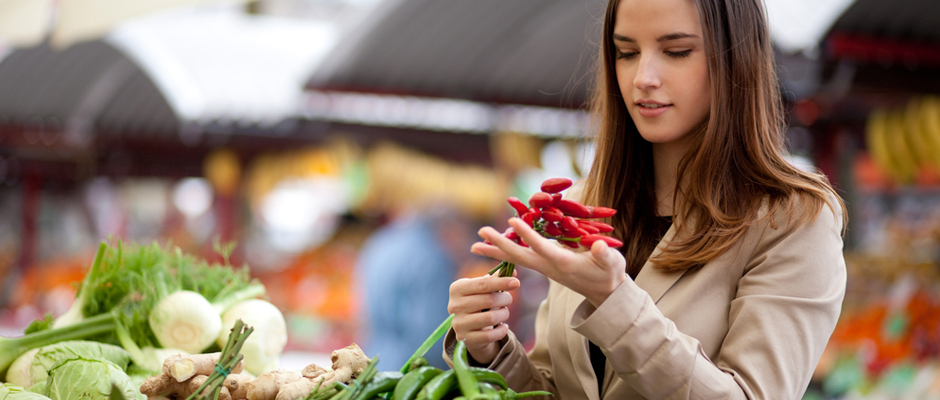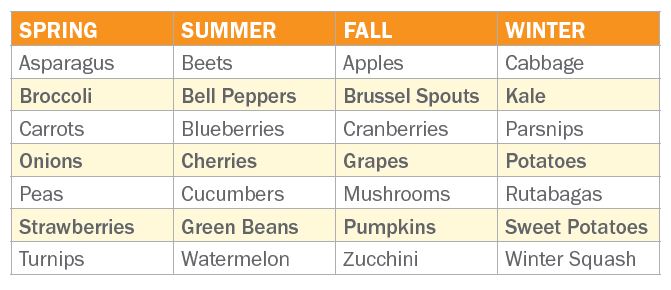Support your Local Farmers Market

Next week is National Farmers Market Week. In Wisconsin, we are lucky to have many great markets across our state. Before heading out and supporting your local economy, make sure to review the tips and information below.
Benefits of Local Farmers Markets
Farmers Markets are popping up everywhere and a lot of people enjoy the benefits associated with having fresh produce at their fingertips. Here are some advantages of shopping at your local farmers market.
Farm Fresh
Farmers usually hand pick their produce the morning of the farmers market or the day before. When shopping at the grocery store, most of the produce needs to be shipped from farmers who are a lot farther away, making produce available in the store a few days or a week old.
Ripeness of Produce
Produce at farmers markets is generally picked at the peak of its ripeness. This means the plants natural sugars are also at their peak. Eating produce when it is ripe not only tastes better, but also provides the best nutrition.
Affordable
Grocery stores tend to pay more for their produce because they need to pay a middle man to have the produce picked and delivered to their store. Farmers markets eliminate the middle man. This allows the market vendors to charge less for their produce while still making a profit.
Variety
If you have ever been to a farmers market, you know that there is often a large variety of produce. You will find a different version of certain produce items at every table or booth you visit.
Support Local Farms
Purchasing fruits and vegetables from farmers markets supports local family farms, giving them the valuable capital they need to keep operating and providing consumers an alternative to mass-produced foods.
Tips for Shopping at a Farmers Market
Come Prepared with a Shopping Cart/Bags and Have Small Bills
You might want to bring a folding shopping cart or reusable bags if you anticipate buying a lot of fresh produce. Bring small bills as well (especially if you shop early in the day; vendors may not have a lot of change right away in the morning).
Be Respectful of the Produce and the Farmers
Don’t squeeze every tomato, avocado or piece of fruit. If you’re not sure if the piece of produce is ripe, ask the farmer. They appreciate you asking about their crops instead of continually picking up and putting down their produce.
Organic Certification
If organic foods are important to you, make sure to ask the farmer if he or she has an organic certification. Vendors who are organic certified should have their certification prominently displayed for everyone to see. Also, if you want to know how your food is being made, ask the farmer about their practices to get a better understanding on how this food was created.
Take Advantage of the Farmers Market Informational Booth
Some farmers markets have informational booths. They may have more information about the farmers that are there selling their produce as well as other services they offer. If you are interested in volunteering or if you are looking to sign up for a CSA, this would be the place to go. Some farmers markets also offer free cooking classes to help you better understand how the produce that is being sold at the market can be cooked or prepared.
Know What Produce is in Season
Produce that is in season will taste better and provide more nutrients. If you go to a winter farmers market, chances are you won’t find tomatoes at that time. Instead of buying produce that is out of season, try looking in the freezer section. Frozen fruits and vegetable are often harvested at the peak of ripeness and will be more nutritious and tasty.
Use the U.S. Department of Agriculture’s guide to learn the best times to buy produce.





Discussion
There are no discussions happening yet.